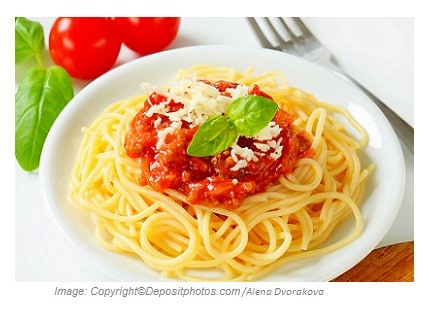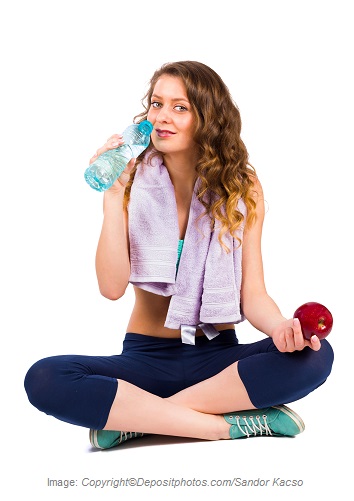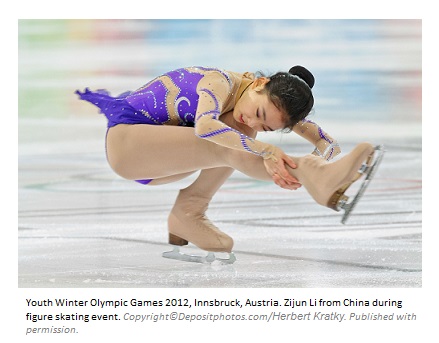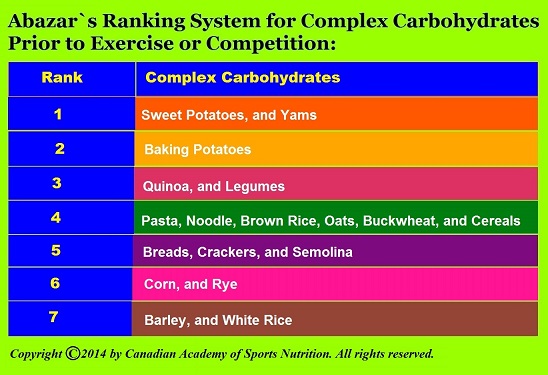Pre-exercise meals or pre-competition diets allow you to top off your glycogen stores just before your exercise. In order to understand nutrition before exercise in the simplest way possible, we have categorized the information into the following questions:
- When to eat (meal timing)?
- What to eat (food selecting)?
- How much to eat (amount adjusting)?
- How much water to drink (body hydrating)?
- What not to eat (food avoiding)?

Meal Timing
When to Eat Before Exercise?
A common mistake among athletes and exercisers is wrong meal timing. There should be a time space between your exercise and your meal. You should allow adequate time for foods to be digested before your training or competition. In sports nutrition, 1 to 3 hours would be enough.
The minimum time space between your meal and your exercise is 60 minutes. It is strongly recommended that you do not eat anything within 60 minutes before your training or exercise, as the foods need to be digested properly before commencing your exercise session. Intense exercise would actually require allocating more time for digestion.
Everybody has a different meal timing depending on sports, body metabolism, fitness level, and health conditions. The slower body metabolism you have, the more time you would need for digestion.
For top performance, you should never eat very close to your training or exercise sessions, which is a very common mistake. If you eat very close to your workout or sports training session, it may hamper your performance for the following reasons:
- Since the foods have not been digested fully and have not left your stomach, you would feel full and heavy in your stomach, often leading to throwing up in the middle of exercise or competition.
- After a regular meal, the blood flow in the gastrointestinal (GI) system increases to help digestion. Suppose, you exercise shortly after you eat, what happens physiologically might surprise you. Your gastrointestinal system requires more blood blow for digestion, and your muscles need more blood flow for exercise. There would be a sort of fight between the GI and musculoskeletal systems in getting more blood flow, and the “winner” is always your GI system. In other words, about 20% of blood flow will shift from the muscles to the GI system to help digestion. Subsequently, poor circulation in the muscles would affect your performance. Most people complain saying “I did not enjoy my workout” or “It was not a good training session”. If you have had such an experience, now you know why.
A pre – exercise meal has a special pattern and you should follow the pattern regardless of what type of sports you are engaged in and what time of the day you exercise
A pre-exercise meal should be high in complex carbohydrates, moderate in protein, and low in fat and fiber. A common mistake particularly among the Gym-goers is to take protein-rich foods before workouts. From performance standpoint, complex carbohydrates are the primary sources of energy during any exercise or sports events, providing 90% of your energy. Protein is responsible only for about 10% of the energy you needed, especially in a prolonged exercise.
The pre-exercise complex carbohydrates should be lower in glycemic index (GI) and alkaline in nature.
Abazar`s Ranking System represents a ranking approach based upon which you are able to choose the best complex carbohydrates before your competition or regular exercise.
From sports nutrition point of view, the complex carbohydrates in rank 1 are the best choices and the complex carbohydrates in rank 7 are not good choices especially for professional athletes who are going to compete.
Food Selecting
What to Eat Before Exercise or Competition?
Amount Adjusting
How Much to Eat?
To fuel the muscles to maximize performance, the body uses a combination of carbohydrate and fat for energy. Whether you exercise or not, the primary source of energy for the body is carbohydrate followed by fat. Protein is the last one to join the energy – providing team of the body.
The amount of carbohydrate in pre – exercise diet is 1 gram per kilogram of the body weight (1 gr/kg) and protein is 0.3 gram per kilogram of the body weight (0.3 gr/kg). For example, if your weight is 70 kg, you would need 70 (70 x 1) grams of carbohydrate and 21 (70 x 0.3) grams of protein. In other words, the ratio of carbohydrate to protein in pre – exercise diet should be 3 – 4 to 1.
The intensity and duration of the physical activities dictate the proportion of macronutrients required in the pre – exercise diet. Pre – exercise meal in endurance sports, such as marathon, should be high in carbohydrate and moderate in protein and fat, while pre – exercise diet in power sports, such as weight lifting and martial arts, should be high in carbohydrate, moderate in protein, and low in fat.
The ideal pre – competition meal for professional athletes should contain 2 -3 grams of carbohydrate per one kilogram of the body weight. The ratio of carbohydrate – to – protein for them is 7 to 1
Examples of healthy choices before exercise include the following:
- Two cups of pasta with one once of ground meat.
- A large sweet potato with ½ canned tuna.
- Breakfast cereal with skim milk.
- Two ounces of turkey or chicken in a sandwich
- Low fat or fat-free cheese in a sandwich.

Fruits Before Exercise
Fruits, of any kinds, are not good choices before exercise, as they are not complex carbohydrates and cannot provide enough energy until the end of exercise. Nevertheless, they could be an option in case of not having an access to complex carbohydrates.

In order to maintain peak athletic performance and achieve adequate recovery, it is mandatory to sustain the optimal level of hydration not only before exercise but also throughout the exercise. Dehydration causes a decline in peak athletic performance, hindering athletes to excel. In general, a simple guideline would be as follow:
- Drink at least 2 liters throughout the day.
- 2 hours before exercise: 2 glasses of water.
- 1 hour before exercise: 1 glass of water.
- – 30 minutes before exercise: 1 glass of water.
- 20 minutes before exercise: 1 glass of water.
- 10 minutes before exercise: 1 glass of water.
- For dynamics of water during exercise, see “Water” under the section of “General Nutrition”
Body Hydrating
How Much Water to Drink?
f you do not exercise, this peak level of blood sugar would stimulate the release of insulin and subsequently sugar crash occurs. But if you start exercising within 5 to 10 minutes of having something very sweet and high in glucose, the blood sugar starts declining gradually and sugar crash does not happen, because exercise inhibits insulin release which is the culprit for sugar crash.
The second food – related factor that may interfere with peak athletic performance is “new food”. New food is the food that your body does not know or you have not tried it out for a quite long time. It is highly important that you always choose familiar foods before exercise and not to try out any new foods, as they may lead to body reactions, such as stomach upset, abdominal cramps, diarrhea, heart burns, and feeling bloated.
Professional athletes competing at the highest levels always avoid having new foods prior to their competition for two reasons: a) body reactions that might prevent them from performing better, and b) fear of being para – doped. Para – doping is intentionally drugging someone through foods to decrease her or his performance.
There are certain food related factors that sabotage athletic performance and excellence. And it is important for athletes to be familiar with those factors.
Consumption of a high glucose food or drink (foods very high in simple carbohydrates) within 100 to 10 minutes prior to exercise causes peaks and valleys in the blood sugar curve. First, blood sugar rises followed by an increase in insulin level, which is called “insulin surge”.
Then the hike in insulin level enhances the uptake of glucose by the cells followed by a sudden drop in blood sugar level, which is referred to as “sugar crash”. As a rule of thumb, sugar crash always follows insulin surge.
Sugar crash affects negatively athletic excellence and optimal performance. In contrast, sugary foods (for example, glucose drink or sports beverages high in sugar) taken within 10 minutes right before exercise maintain the blood sugar stable, prolonging exhaustion time. In other words, when you take sugary foods or foods high in glucose within 10 minutes before exercise, your blood sugar rises within 5 to 10 minutes and reaches to its peak level
Foods to Avoid
What Not to Eat?

Magic or Lucky Foods in Sports:
If you have a “lucky food”, you should have it on hand prior to your competition or workout session. Lucky food is the food that a person believes that improves his or her performance whether that food has the right pre – exercise eating pattern or not. Basically, lucky food helps the person mentally through its placebo effect.
An example of lucky food is “turtle`s blood”! Some athletes believe that a nasty magic potion from that reptile could make them champion. Sports nutritionists and biochemists have failed to find any special ingredients in turtle’s blood to justify its fame in sports especially among endurance athletes.
Carbohydrate Loading Prior to Competition:
Some athletes require loading their bodies with carbohydrates prior to their competition. For detailed information about carbohydrate loading prior to competition, see “Carbohydrate Loading” under the section of “Sports Nutrition”.

